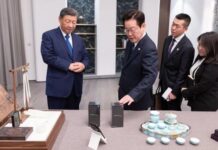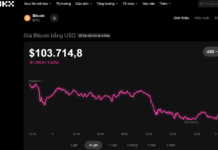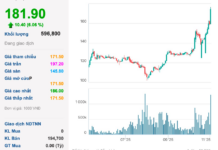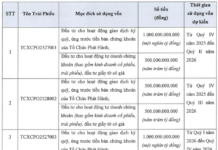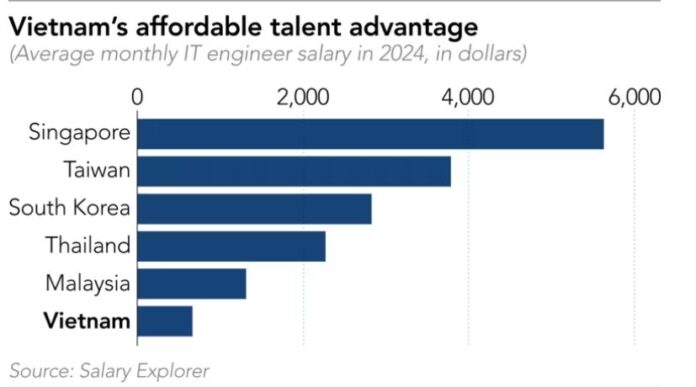Vietnam’s Semiconductor Sector: A Talent Magnet for Global Companies
Tran Thi Ngoc Guong was surprised by the curiosity of students about her field of expertise during a visit to her alma mater in Vietnam. As a chip designer, she found herself bombarded with detailed questions from aspiring engineers.
“I was amazed by the level of interest,” she said. This trend is reflective of a broader shift in Vietnam, where more and more students are pursuing careers in semiconductors, driven by both personal ambition and government initiatives.
The Vietnamese government has set a target to train at least 50,000 engineers and chip designers by 2030, recognizing the growing importance of this industry. This goal is well on its way to being achieved, with companies from Taiwan and South Korea already expanding their operations in the country.
Alchip Technologies, a leading AI chip design provider from Taiwan, is one such example. They are expanding their R&D team to Vietnam and plan to open their first office this year. According to Daniel Wang, the company’s CFO, they aim to increase their headcount to around 100 engineers in the next 2–3 years.
Marvell, a US-based technology company, also recognizes Vietnam’s strategic importance. Their first office in the country, established by Le Quang Dam, has grown from a few dozen engineers to over 400, with plans to expand further. Dam, now the general manager of Marvell Vietnam, shared that their goal is to make Vietnam their third-largest chip design center globally, after the US and India.
This talent pool is not going unnoticed by global companies. Vietnam’s engineering graduates offer a unique combination of technical skills and competitive salaries when compared to other markets. As per Salary Explorer, a career resource website, Vietnamese engineers earn an average of $665 per month, which is significantly lower than their counterparts in Singapore ($5,627), Taiwan ($3,782), South Korea ($2,826), and even Malaysia ($1,313).
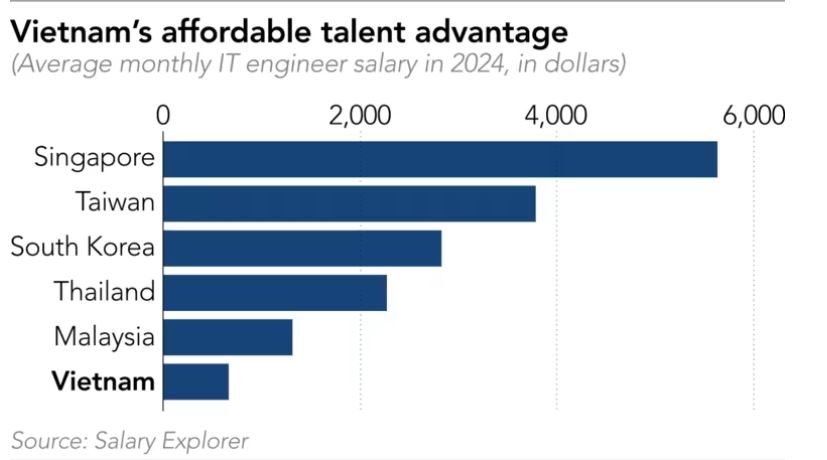
Comparing Vietnam’s tech sector salaries with other markets. Source: Nikkei
However, this advantage may not last forever. As tech investments pour into the country, signs of strain are beginning to show. Dam noted that traffic in Ho Chi Minh City has become a challenge, and Marvell maintains two offices in the city to help ease commute times for their employees.
Additionally, the very factors that make Vietnam attractive to foreign investors could also change. Salary levels, for instance, are expected to rise to match those in Taiwan due to the high demand for talent. According to Brian Chen, a partner at KPMG Taiwan and KPMG Vietnam, high-caliber talent can expect salary increases of at least 10% annually.
As the talent pool matures, companies may start looking towards Hanoi as the next hub, once the Ho Chi Minh City market reaches saturation. This evolution in Vietnam’s semiconductor industry underscores the country’s dynamic role in the global chip ecosystem, presenting opportunities for both local talent and international companies alike.
Chinese Business Undertakes $800 Million Project in Bac Ninh
Chinese company Victory Giant Technology Group has announced its investment in a project focused on researching, developing, manufacturing, and trading high-precision circuit boards. With a capital investment of over 800 million USD, the project will be located in Bac Ninh, Vietnam.
Vietnam has just 18 months to join the semiconductor race
Mr. Truong Gia Binh – Chairman of FPT Corporation’s Board of Directors made the statement at the “Human Resource Development Conference for Semiconductor Industry” held on the afternoon of April 24, 2024. The FPT Chairman said that Vietnam has a great opportunity to join the semiconductor industry. However, time is running out.

